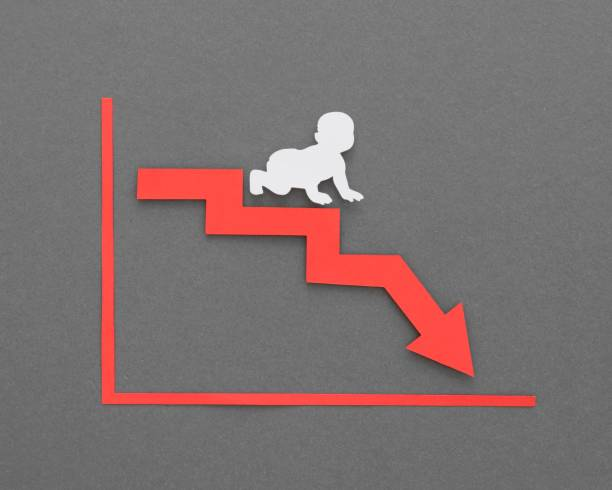In the Peace Column of the Catholic Peace Weekly, the columnist examines the tragedy of war, not the least of which is what it does to those who experience or hear about it and have to live with its effects on our ability to empathize— "One death is a tragedy; a million is a statistic."
"I read the will of a young girl who died defenselessly in the ravages of war. My heart ached, and I was so angry that I cried all night." This article is titled "A Gaza Child's Will," published in Al Jazeera, a leading media outlet in the Arab world, on March 3.
The protagonist is Rasha, a 10-year-old Palestinian girl who was killed on September 30 after being bombed by the Israeli army while staying at home. Why would a child who should be pampered by his parents and play with her toys write a will? The will contains the trauma and helplessness of war and the purity of family love.
The main character is Rasha, a 10-year-old Palestinian girl who died on September 30th from an Israeli bombing while at home. Why did a child who should have been with her parents and playing with toys write a will? The will is filled with the trauma of war, helplessness, and the purity of family love.
“If I become a martyr or die, please don’t cry for me. Your tears will make me suffer. Please give my clothes to those in need. Give the accessories to OOO, etc., and the bead box to OOO. 50 shekels a month’s allowance to OOO, storybooks and notebooks to OOO, toys to OOO, and please don’t scold my brother Ahmed. Please follow my wishes.” (Rasha’s will)
Rasha and her 11-year-old brother Ahmed’s house were first bombed on June 10. They barely survived that time and lived in fear of war and hunger, but three months later, on September 30, their house was bombed again, and the two siblings lost half of their faces and eventually died. No one in the family knew about Rasha’s will until she was buried in the same grave as her brother. The person who made the will known was Rasha’s uncle.
Since the surprise attack by the Palestinian armed group Hamas on October 7 last year and the retaliatory attack by Israel, the number of innocent children has continued to increase over the past 13 months. 16,700 children were killed and 17,000 lost their parents. Al Jazeera reported that the apocalypse (end of the world) is unfolding in the Gaza Strip. The UN Secretary-General is appealing to “stop ethnic cleansing,” and an Israeli historian criticized, “What has Israel learned from the Holocaust?”
As Pope Francis warned: “War is a defeat for everyone, with no one winning.” In particular, the killing of children in war is a destruction and abandonment of the future. The Pope appeals for an end to war, asking what children and families, the first victims of war, have to do with war.
Parents who have lost their children in war are not alive. Can there really be a future for parents who cry while holding the bodies of their young children? There is only fear and dread. The Pope said: “There are words for those who have lost a spouse or a parent, but there are no words to comfort parents who have lost their children.” No matter how good the words are, they cannot comfort the pain of the bereaved (the loss of a child before their parents or grandparents) can only make it worse. The Pope recommends we listen to their words, approach them with love, and take responsibility for their pain.
For whom is the war taking place around the world? It is a tragedy caused by the greed of a very small number of powerful people. Those who started the war are criminals. Countless children’s wills are still buried in the ashes of war, and children are writing their wills in fear of darkness.
Anyone can write a will. However, we must prevent countless children like Rasha from having to write their wills out of fear of war. The ones who should be writing wills are war criminals. Instead of writing wills, we must beat our hearts as sinners who will stand one day before the Lord.
"It is regrettable that the anger and prayers of humanity, yearning for peace and calling for an end to war, go unheard. As adults coming to the end of the month of remembering the dead, instead of writing only a personal will for the distribution of inheritance, how about writing a will that reflects and shares our social responsibilities and roles in the face of the crisis of human extinction?"






